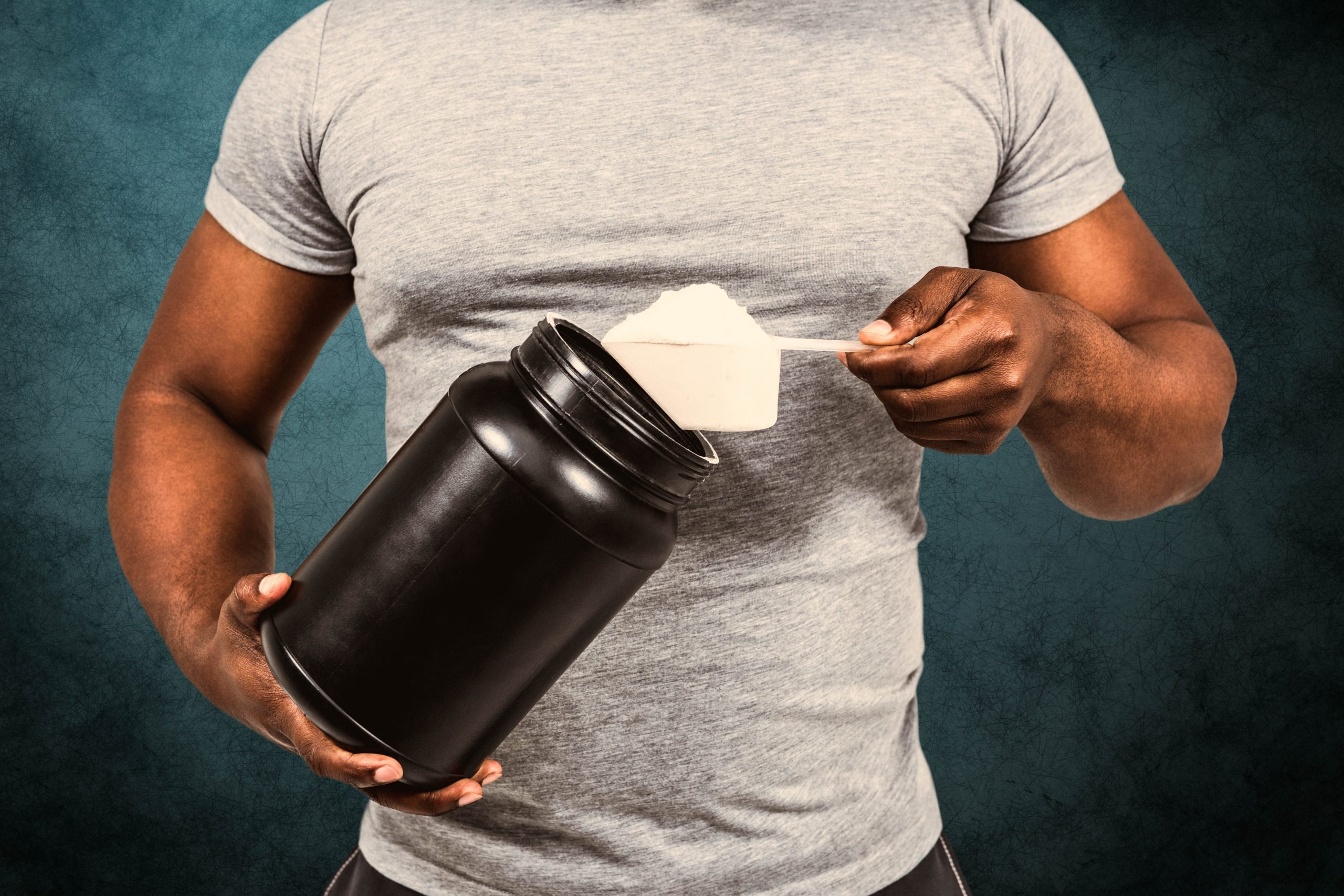Consuming tubs of protein powders beyond the ‘best by date’ would mean taking in products whose qualities have gone down. Besides, if signs of expiration like a rancid smell pack the powder, it’s best to dispose of the powder altogether.
Protein powders are popular among health-conscious people and are taken as part of brownies and smoothies, to which they add taste and a creamy mouthfeel. Although powdered protein supplements are often taken to boost muscle growth, strength, and mineral content, their uses go beyond. In fact, some people take the powders to promote weight loss, and that’s entirely right, especially if that’s what the powders are recommended for. Nonetheless, it remains true that protein powders are popular and are marketed for people of all ages. As such, you might have some tubs of protein powders that have stayed for some months and are wondering whether they will expire and if you can take them anyway. Here is what experts say.
What are protein powders?
First things first, let’s explore the basics about protein powders, that is, what they are. Basically put, these are powdered forms of protein supplements, most of which can be added to drinks and water to be enjoyed. They remain a way of boosting your protein intake, which is the sole purpose of marketing them. Protein powders can come from animal or plant products and can be soy or gluten-free or include both products.
Protein powders can be made from collagen, soy, collagen, pea, chia, coconut milk, or other things. Animal milk from cow, goats, sheep, and camel are used to make some milk powders, and the key ingredient is always listed, helping the consumers know what they are taking in. The plant-sourced protein powders are ideal for people with some form of allergies, including dairy allergies. Many others are allergic to soy, gluten, or nuts, and all can find protein powders to take and boost muscle growth or increase the body’s protein content.
Protein powders may contain a lot more additives
Apart from the primary animal product or plant used to make a protein powder, other additives are always incorporated. For instance, artificial or natural flavors are added to enhance flavors. Besides, flavor enhancers are also featured to introduce the creamy mouthfeel produced when you mix the powders with water or other drinks. As if that’s not enough, casein can be added to protein powders to slow down digestion rates or whey to increase digestion. Regardless of the ingredients and the additives, the powders have modest amounts of carbs, proteins, fat, and maybe fiber, depending on what they are made from.
What is the shelf life of protein powders?
According to the FDA, manufacturers are not bound to add an expiration date for supplements. This is an exception, especially that drugs, on the contrary, have to indicate expiration dates beyond which consuming them might be toxic or dangerous. However, the manufacturers include a ‘best before/by’ date for the supplements, beyond which the quality of the supplements goes down. According to several studies, protein powders remain viable for 9-19 months, depending on the conditions in which they are stored.
Accelerated shelf-life tests for protein powders indicate critical information
As mentioned in the previous section, protein powders can maintain their quality for 9-19 months depending on the storage conditions, which has also been proven by shelf-life tests. Accelerated shelf-life tests are conducted to see how stressful conditions impact the efficacy of a product, as in protein powder in this case. Several tests have shown that cool and dry conditions, ideally 21 degrees Celsius and 35% humidity, are the best storage conditions for protein powders, during which you can enjoy them in their highest quality. However, the same study found that increasing the temperatures to 35 degrees Celsius and humidity to more than 35% fastens a decrease in quality and probable expiration. As such, you should store your tubs within the stated conditions to help them maintain their quality.
Do the stated shelf-life change with more additives?
The 9-19 months during which protein powders are consumed at their best apply majorly for protein whey powders. As such, many people wonder if incorporating additives like flavor boosters and enhancers change the shelf lives. Well, studies regarding this question are in infancy, and we cannot confidently answer it. However, some studies indicate that the additives slightly extend the shelf-life to about 2 years or 24 months.
Does the stated shelf-life apply for protein powders from other sources?
Many people are allergic to dairy and cannot take whey or casein protein powders. As such, they depend mainly on protein powders from plant sources to boost their protein intake, lose weight, or build muscles. As such, they wonder whether the shelf-life for casein or whey protein powders applies to plant-based powders. Unfortunately, almost no studies have addressed this, but we hope that the question will be answered in due course.
The ‘best by’ date on protein powders indicate quality and not safety
Drugs have strict expiry dates beyond which consuming them may lead to toxicity. However, the ‘best by’ date reveals nothing about the safety of protein powders but quality. As such, taking the powders beyond such dates means consuming less protein content. One study found that protein powder with more than 2 years since manufacturing had 4.2%lysine per serving as opposed to 5.5% at the time of manufacture. Therefore, the ‘best by’ dates are more quality-inclined than safety-oriented.
Protein powders could expire before the stated date, and you need to avoid them if they have signs of expiration
Storing protein powders in dump conditions and high temperatures could make them expire before the stated dates. This is because such conditions accelerate oxidation which depreciates quality. Signs of expiration include clumping, bitterness, change in color, or rancid smells. Eating spoiled foods can make you sick, which applies to protein powders. As such, you need to dispose of the tubs if they have one or more of the signs of expiry.
Conclusion
Protein powders have a 9 to 19 months shelf-life depending on the storage conditions, particularly temperature and humidity. Rancid smells, color changes, clumping, or bitterness show that the powders have started going bad. Such can make you sick, and you need to dispose of them.
- Products That Assist with Stress Relief - September 21, 2023
- TRÈFLE – THE ROAD TO THE 15TH - July 29, 2023
- Lovingly thought out educational toys - July 5, 2023






